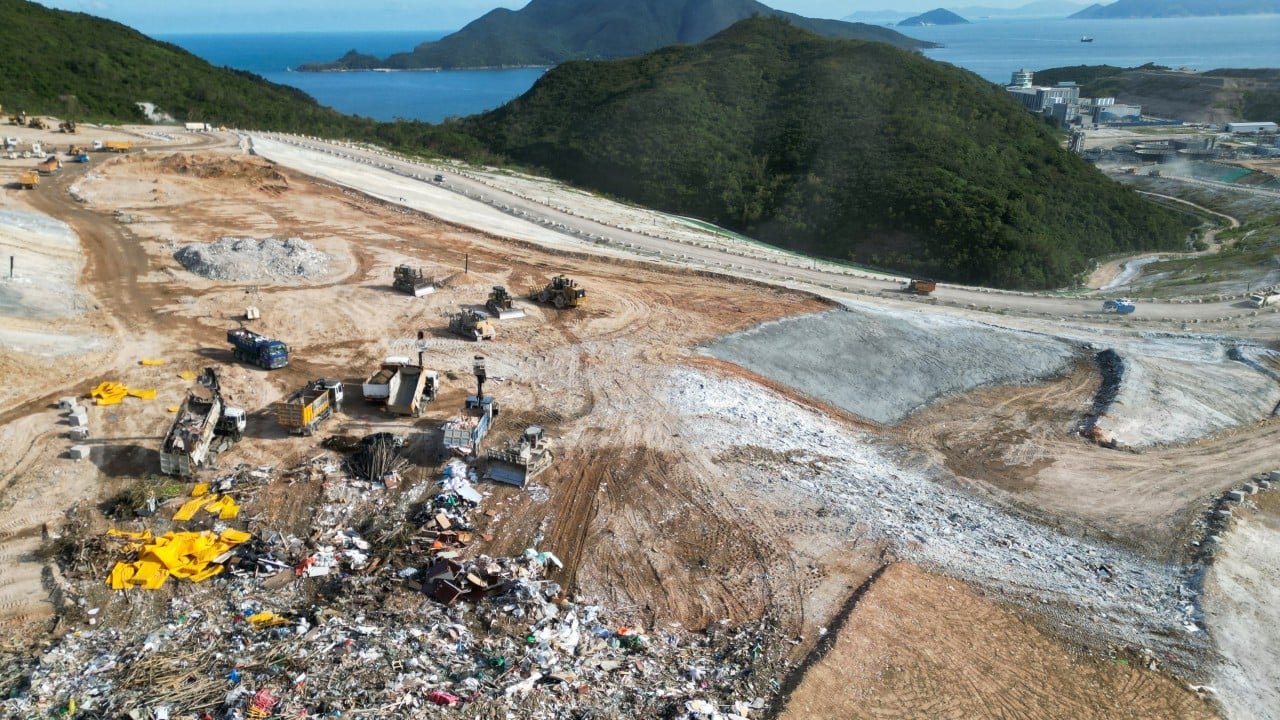As a super typhoon headed towards the city last week, the government announced that the long-delayed waste-charging scheme would remain indefinitely suspended.
Advertisement
The broader socioeconomic challenges confronting Hong Kong are real. However, the city risks forfeiting a critical opportunity to meet the target set in the Waste Blueprint for Hong Kong 2035, a gradual reduction in per capita waste disposal by 40 per cent to 45 per cent. This delay may also impede Hong Kong’s ability to meet its 2050 carbon neutrality goal.
According to government-cited surveys, public sentiment has leaned against the waste-charging scheme’s implementation, especially against the backdrop of the city’s economic sluggishness. Yet, should a downturn be considered a valid justification for shelving a policy designed to safeguard long-term environmental and fiscal sustainability?
Citizens might not be required to pay directly for waste disposal now, but the financial implications of the city’s current disposal system are substantial. The cost of landfill disposal for every tonne has nearly doubled over 10 years, from HK$191 in 2013 to HK$367 (US$47) in 2023. Incineration at the Shek Kwu Chau facility is even more costly, at around HK$816 per tonne.
Persistently high waste volumes place an extremely heavy burden on public finances. Without meaningful waste reduction measures, more investment in incineration facilities will be inevitable, which could cut into government spending on education, healthcare and social welfare.
Advertisement
It appears that some members of the public may have lost sight of the fundamental rationale behind the waste-charging scheme approved by the Legislative Council in 2021.

